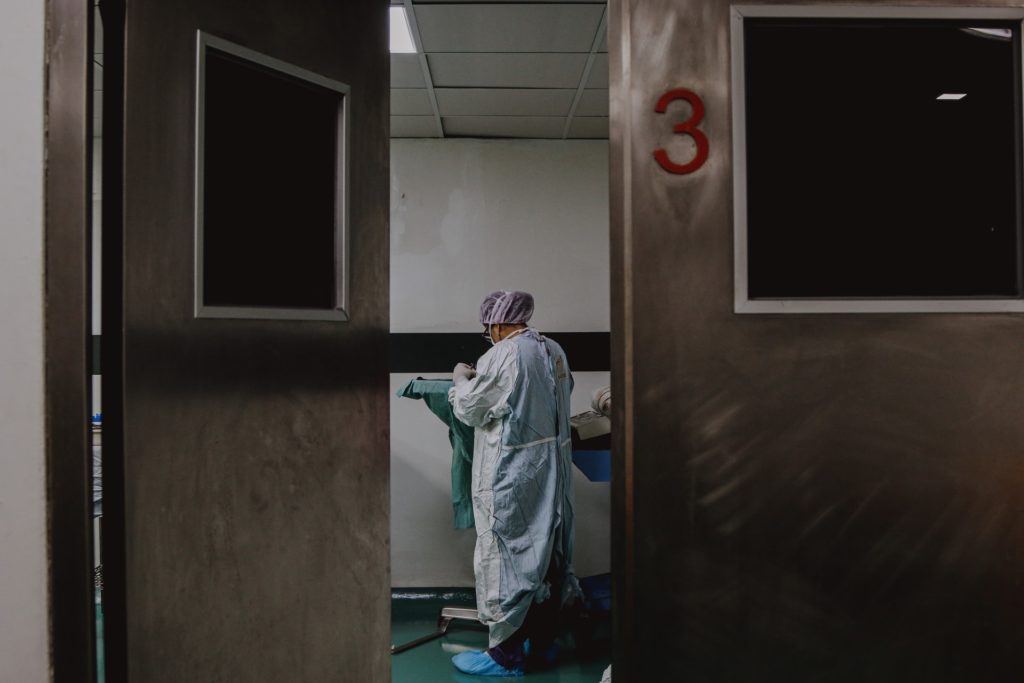Dutch researchers have found why some people are left with long-term symptoms (Long Covid) after a Covid-19 infection: an enzyme that keeps multiplying itself.
A new study by Dutch researchers from the Amsterdam UMC, published at the end of July in medical journal The Lancet, sheds some light on what goes wrong in Long Covid patients: the organs of deceased Covid patients contain large amounts of the enzyme IDO-2, immunologist Rene Lutter and his colleagues found.
"I have been studying its little brother, IDO-1, for some time in my asthma research. But there is a difference between these enzymes: IDO-1 is produced by the body and then disappears, while IDO-2 remains present," he said.
In 2021, the researchers found that in deceased Covid patients, the enzyme IDO-2 triggered the production of toxins that damage the cells to the extent that they no longer function properly or die. So the researchers – in their spare time and without grants – set out to see if IDO-2 could also play a role in Long Covid patients.
Hopeful results
The new research shows something curious: in Long Covid patients, IDO-2 triggers the production of another substance that in turn leads to more IDO-2, affecting the body's cells. "The process is self-sustaining, so that may show why those symptoms persist as well," they said.
"An important hypothesis is that something is disrupted in the patients' immune system," intensivist, researcher and clinical nutrition expert Elisabeth De Waele told De Morgen. "If we see a severe Covid infection as a blazing fire in the body, in Long Covid patients it seems to be a fire that keeps smouldering."
The study by the Dutch researchers, based on blood analyses in 15 Long Covid patients, still has to be replicated by other research groups, the findings are "hopeful," De Waele said. "This study at least shows that something has changed in the bodies of Long Covid patients, and that can give them the recognition they need."
Related News
- Pharmacists to administer flu vaccine this autumn
- Genetic factors partly determine risk of Long Covid, new research shows
- 'Staggering increase' of Long Covid cases highlights need for further research
Still, for Long Covid patients, there is only really a big improvement if the cause of their health problems can also be addressed. Therefore, Lutter wants to investigate next year whether he can stop the production of IDO-2 with a cancer drug.
De Waele will start her own research at the end of this year to find out what goes wrong in the mitochondria of Long Covid patients. "Science is certainly not standing still. There were already 5,900 papers on Long Covid this year, and the quality is improving. We understand better and better how to tackle this condition."

